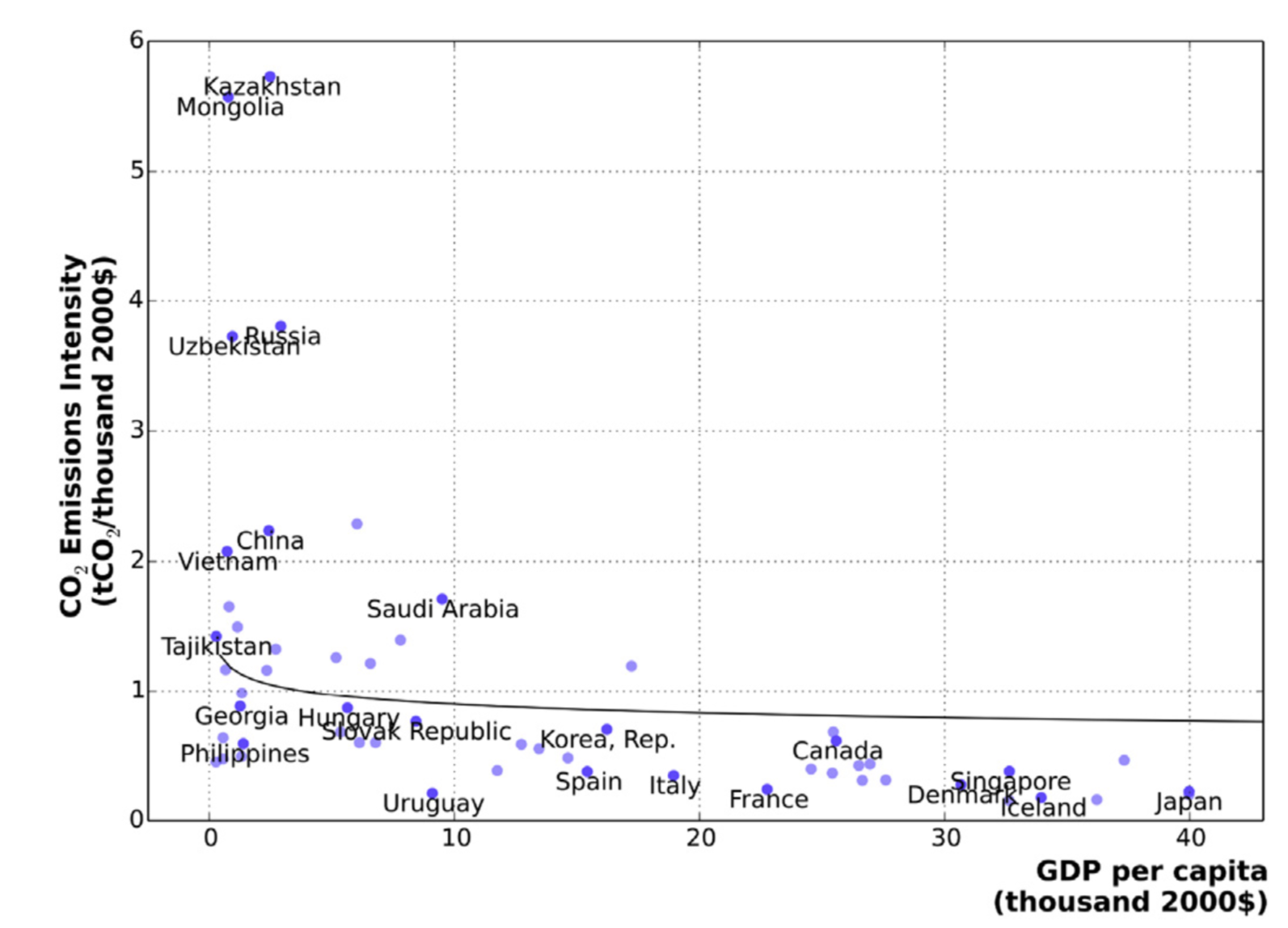Project Description
The future of energy in Uzbekistan
by
Gómez, A.; Dopazo, C.; Fueyo, N.
in
Energy. 2015
Abstract
The Central Asia republic of Uzbekistan is well endowed with energy resources, yet its energy system presents some critical problems in terms of sustainability, security and affordability. Uzbekistan is the most populated country in the region, and therefore population growth, economic development and urbanization are likely to further strain the system in the future. We study some possible pathways for the Uzbek energy sector until 2040. We do so by creating a detailed model of the Uzbek energy system, and analyzing quantitatively the differential effect of determined policies (as compared to Business As Usual ones) in the transformation of the energy demand and supply sides. We find that, even in a scenario of moderate economic growth, energy sector modernization can reduce the cumulative primary energy consumption by 447 Mtoe (10.2 times the primary energy consumption of Uzbekistan in 2010) and CO2 emissions by 1155 Mt (10.5 times the current annual CO2 emissions). To achieve these savings, we estimate the required investment in the power and heat sectors at 2010$33.6 billion, or 1.5% of the country cumulative GDP (gross domestic product) between 2010 and 2040; despite these additional investment needs, we conclude that the affordability of energy to households is preserved or improved.

